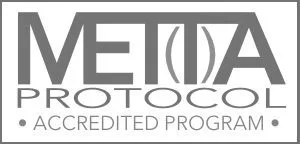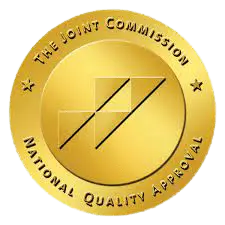Once you enter into rehab, the first step of the process is typically detoxification – getting rid of the toxins built up in your system from substance abuse over time. After successfully detoxing, it is then really important to understand the why behind your addiction. Cognitive Behavioral Therapy (known as CBT) is a widely used therapy treatment often used for those suffering from addiction because it helps you with identifying self-defeating thoughts and behaviors which often drives the addiction. In order to fully overcome an addiction, it is important to look deeper into the reasons behind the substance abuse to gain a greater understanding of why you started abusing drugs or alcohol in the first place. At See Purpose, we believe in the use of Cognitive Behavioral Therapy for treating addiction.
Cognitive Behavioral Therapy Explained
Cognitive Behavioral Therapy (CBT) is a form of psychological treatment that has been proven to be effective for many disorders including addiction to drugs or alcohol, anxiety disorders, depression, eating disorders and severe mental illness. Research and studies have proven that CBT leads to highly significant improvements in a person’s functioning and quality of life. The leading, core principles of CBT include psychological problems are based on faulty or unhelpful, negative ways of thinking, psychological problems are based on learned patterns of unhelpful and negative behaviors, and that people suffering from psychological issues can learn ways to help them better cope with these issues.
Cognitive Behavioral Therapy for addiction is very popular and widely used because oftentimes those suffering from addiction have developed destructive, negative thoughts and behavioral patterns that drive their addiction, and it is important to understand this as you attempt to recover and avoid relapse.
How Does Cognitive Behavioral Therapy Help With Treating Addiction?
Cognitive Behavioral Therapy for addiction helps people address problematic thoughts and feelings that contribute to their addiction. Cognitive Behavioral Therapy is used to help recovering addicts find connections between their thoughts, feelings and actions and discover how their inner monologue impacts their recovery. How Cognitive Behavioral Therapy works is that it shows a person that their actions and emotions may not be logical, however there may have been some environmental factors and past experiences that have contributed to their addiction. When an addict understands the why behind their feelings and actions and how all of this led to their addiction, they are better able to understand their substance use disorder and ultimately overcome it.
It is common for people who suffer from addiction to have destructive, negative thoughts associated with their actions. CBT helps addicts identify these negative thoughts and reassociate painful memories with more positive, less intense thoughts. The negative thoughts are usually what drives an addict to start using again, and by eliminating these painful thoughts, or through lessening the intensity of these thoughts, an addict will be better able to respond to that memory with no temptation for relapse. Automatic, negative thoughts are often the cause of anxiety and depression, which are common co-occurring disorders found in addicts. These automatic thoughts are likely to cause a person to experience anxiety and depression, which leads to substance abuse. Cognitive Behavioral Therapy helps people overcome these issues by providing self-help tools to help better their overall mood, through dismissing insecurities and negative thoughts, and by teaching effective communication skills so an addict can better explain their feelings to those around them to prevent relapse moving forward.
How Does Cognitive Behavioral Therapy Help an Addict Manage Triggers?
Triggers are what keep a lot of addicts from remaining sober. According to the National Institute on Drug Abuse, CBT helps addicts deal with triggers in three ways: recognize, avoid, cope. Recognizing triggers allows an addict to identify the circumstances that lead to drug use, avoiding involves removing yourself from trigger situations whenever possible, and coping allows an addict to use techniques to address and alleviate emotions and thoughts that lead to substance abuse.
Get Sober at See Purpose Today
See Purpose is a recovery center that offers Cognitive Behavioral Therapy for addictions. As you work on your recovery, CBT will help you move forward in your journey to long-lasting sobriety. Come visit us and receive treatment, aftercare and overcome your addiction today.







